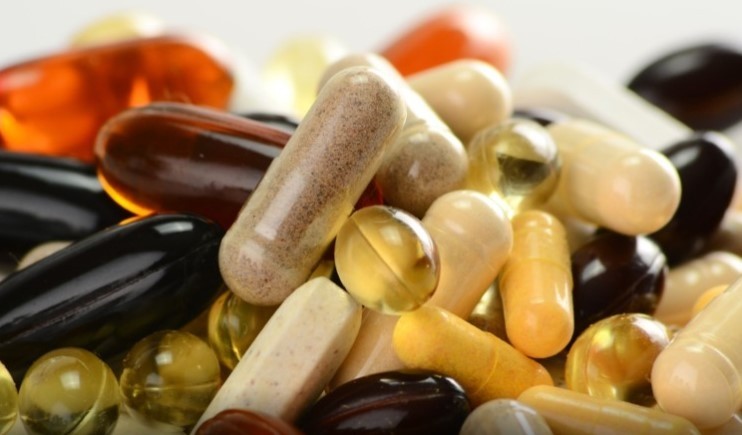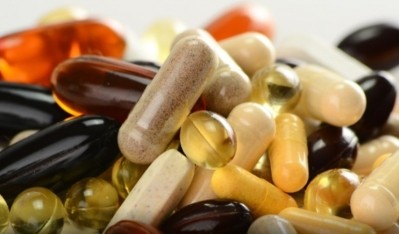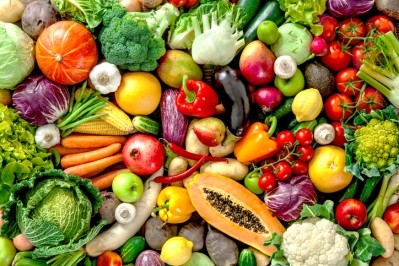German Government updates max vitamin and mineral levels for supplements

According to The German Federal Institute for Risk Assessment (BfR), revisions were in response to nutrient data suggesting the country’s intake of vitamin D, calcium, folic acid and others did not meet the German Nutrition Society’s guidance.
“The more the better - this is a misconception when it comes to vitamins and minerals," says BfR President Professor Dr. Andreas Hensel. "The dose determines whether they benefit or harm our health".
The BfR’s opinion includes advice for maximum levels recommended per individual substance that includes vitamin D.
Here, the institute proposes 20.0 µg of the vitamin taken as a food supplement per daily recommended dose of an individual product with 1.5 µg advised for milk and milk products, including cheese per 100 grams (g).
“The amount of 20µg per daily recommended dose of an individual food supplement results from the difference between the Upper Limit (UL) and the baseline consumption in the 95th percentile of 15- to 17- year-olds (23 µg/day, rounded down to 20 µg/day).
“The derived maximum level also corresponds to the estimated value for an adequate daily intake (without taking endogenous synthesis into account) derived by German-Austrian-Swiss Nutrition (D-A-CH) Societies.
“It also corresponds to the level considered as nutritional or physiological in the context of nutrition/nutritional supplementation by the Joint Commission of Experts of the German Federal Office of Consumer Protection and Food Safety (BVL) and the German Federal Institute for Drugs and Medical Devices (BfArM).”
Previous advice
The recommendations are in keeping with the message the BfR were communicating in July 2020, where they stated even without exposure to sunlight, a daily consumption of 20µg of vitamin D is adequate to meet the body’s needs for this vitamin for the vast majority (97.5%) of the population.
“From the perspective of nutritional science, the daily consumption of vitamin D preparations containing a 50µg or 100µg dose is not necessary,” the BfR said at the time.
“On the other hand, the BfR considers it unlikely that impairments to health will result from the occasional consumption of such high dose preparations.
“If such high-dose vitamin D products are consumed on a daily basis over a longer period of time, however, the latest research does point to an elevated risk to health.”
Other nutrient guidance includes that of magnesium, in which the BfR recommends 250 milligrams (mg) as the maximum amount permitted to be added to food supplements as a daily dose divided into two or more servings per day if possible.
For the fortification of conventional foods, a maximum level of 31 mg/100g is recommended for solid foods and of 8mg/100 millilitres (ml) for beverages under the assumption that 30 % of daily energy intake comes from fortified foods.
Vitamin recommendations
Along with vitamin D and magnesium, the institute’s advice also extends to vitamin A, E, K, B1, B2, B6, B12, C, Pantothenic acid, beta-carotene, niacin, folic acid and biotin.
“While there are currently no binding maximum levels for vitamins and minerals in food supplements and fortified foods at the German national or the European level, the BfR has re-evaluated its previous proposals for maximum levels and revised them based on new scientific findings,” they commented.
“These are intended to serve the risk managers as a basis for discussion and, ultimately, as a basis for the establishment of maximum levels regulations at the EU level.”
“For some of the maximum levels for food supplements, the BfR recommends additional mandatory information on the product labels.
“Furthermore, the BfR would also like to call attention to the fact that new scientific findings and future market developments might make it necessary to adjust the maximum levels.”















